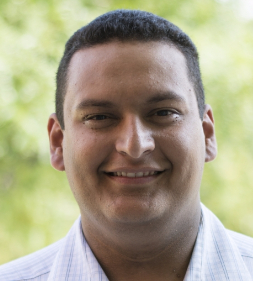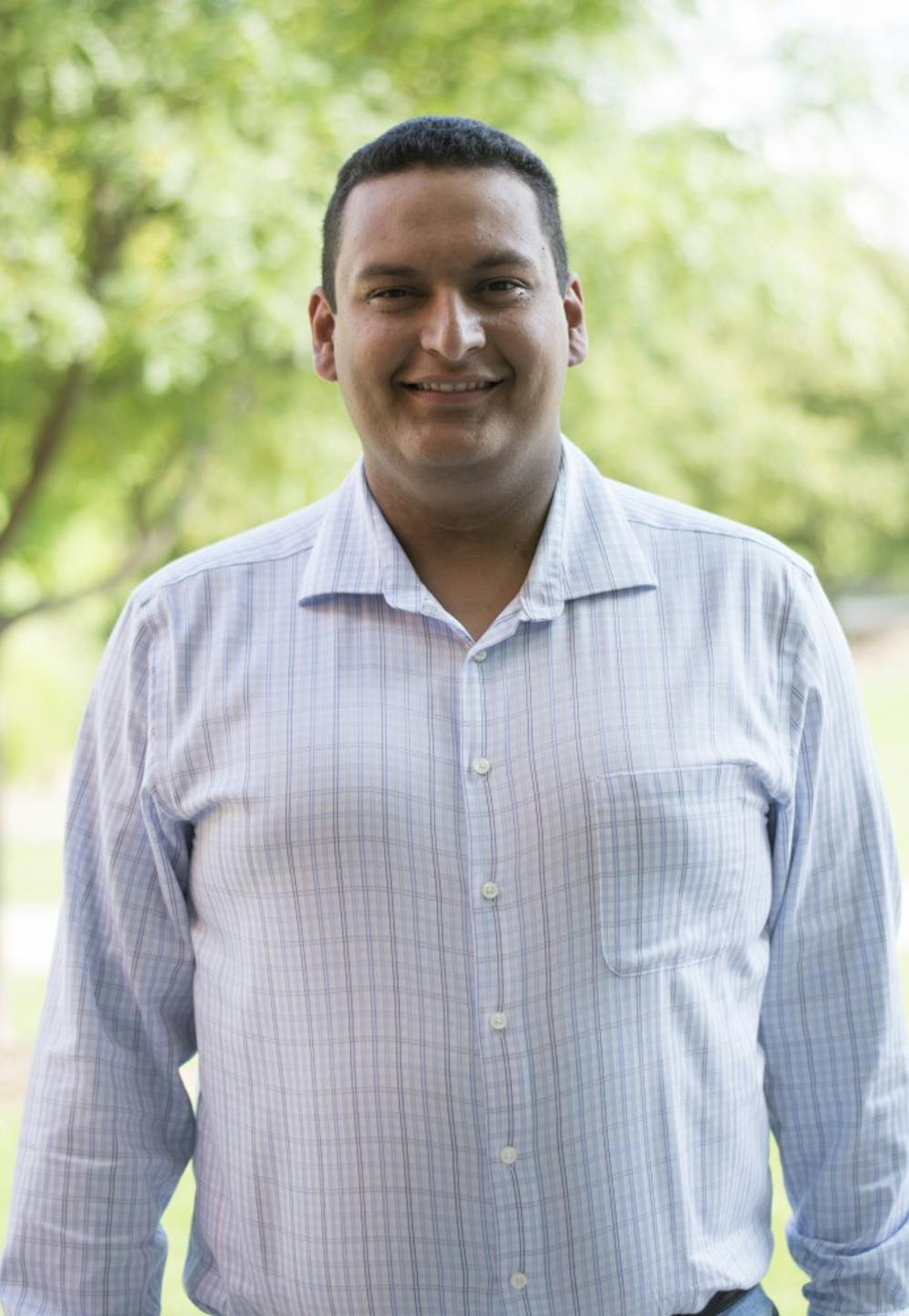Colin Grylls is a senior journalism major and writes "Fire up the Grylls" for the Daily News. His views do not necessarily agree with those of the newspaper. Write to Colin at cygrylls@bsu.edu.
 |
|---|
Half the fun of television is relating to the characters, and at one point or another just about every group of friends has assigned alter-egos to its members.
I’ve done that. During the spring semester, Daily News staffers determined what each others’ roles would be on ‘Spongebob Squarepants.’ Reporter Michelle Kaufman was the runaway favorite as the title character because of her perpetual good mood, loud laughs and annoying screeches.
But last weekend’s release of the second season of Netflix’s hit series ‘Master of None’ takes relate-ability to a new level. While each character still has a distinct personality that will have viewers seeing themselves, the little moments thrown into each episode are what truly make the show stand out.
If you’re unfamiliar with ‘Master of None,’ it checks off a few of the requisite sitcom boxes: Dev Shah, played by comedian Aziz Ansari, is a single (check) young adult (check) who lives in New York City (check).
Dev is successful enough as an actor/television host that he can get into parties where John Legend plays piano, like he does in the fifth episode of the season, but still anonymous enough that he can live a fairly normal life, at least by sitcom standards.
Season one ended with Dev on a plane to Italy, where he was going to study making pasta after he broke up with his girlfriend, and season two kicks off with Dev working as an apprentice pasta maker in Modena.
The first episode of the new season is unique in that it’s black and white while the rest are in color, but it’s a great example of the loose template of the show. Each installment has a larger story that can stand on its own, almost completely separate from the other episodes, with countless smaller interactions that make it feel like you’re watching someone’s life unfold.
About four minutes into episode one, Dev is in the restaurant making pasta when Francesca, the owner’s granddaughter, walks in with her younger brother Mario. In Italian, Dev asks Francesca if he can try some of her lasagna, but Mario says he ate it all while touching his cheek with his finger and twisting it.
The gesture, Francesca explains in English, means “something tastes good,” which leads Dev to ask about other hand gestures. She teaches him a few, ending with an obscene hand gesture she says means “Good to meet you.” Dev repeats it, she laughs and says no.
It’s a fleeting moment of exposition used to introduce Francesca and Mario, as well as establish the timeline – three months after the end of season one – but the only thing running through my head in that scene was, “I’ve done that. I’ve taught friends incorrect Spanish slang to trick them into cursing."
(I’d like to point out that, like Francesca in the episode, I immediately revealed the joke before my friends got in trouble. Usually.)
Those scenes are what set ‘Master of None’ apart from other sitcoms like ‘How I Met Your Mother’ and ‘Friends.’ Other shows would’ve centered around the hand-gesture gag, or at least made it a recurring joke, but ‘Master of None,’ which doesn’t use a laugh track, takes the high road and lets the moment pass.
‘Master of None’ also has a serious side. The balance between humor and poignancy is, in my opinion, best exemplified in ‘The Dinner Party,’ the fifth episode of the new season.
Without giving too much away, Dev takes a female friend to a famous chef’s dinner party, the one where John Legend takes the piano. They have a great time and it becomes abundantly clear that he has feelings for her, but he doesn’t tell her. Instead, after she gets out of the shared cab/Uber, Dev sits for three long, lonely minutes as he’s driven home without saying a word, ‘Master of None’ showing every second.
Three minutes of silence is a massive risk for a TV show, but one ‘Master of None’ can afford to make because Netflix allows its run-time to be fluid. And it didn’t need any narration or dialogue because I’ve done that, as have many viewers.
Dev throws his head back up against the headrest on the ride home – I’ve done that. I’ve had his half smile that slowly fades into a frown. I’ve had the emptiness behind the blank stare. I’ve he smile that returns for a split second. I’ve had the conversation in my head a million times. All because, like Dev, I let some chances slip away in the past.
Clearly, projection has a lot to do with why I was so moved by that particular scene, but those moments are where ‘Master of None is at its strongest. There are ten episodes in the new season and each one brings something different to the table. Episode three dives into religion and how Dev’s parents, devout Muslims, don’t know their son doesn’t practice anymore. A significant portion of episode six has no sound at all as it follows around a deaf cashier.
‘Master of None’ has something for everyone, and whether life imitates art or art imitates life doesn’t matter.
Either way, the second season of ‘Master of None’ will leave you with a big smile, thinking “I’ve done that.”





